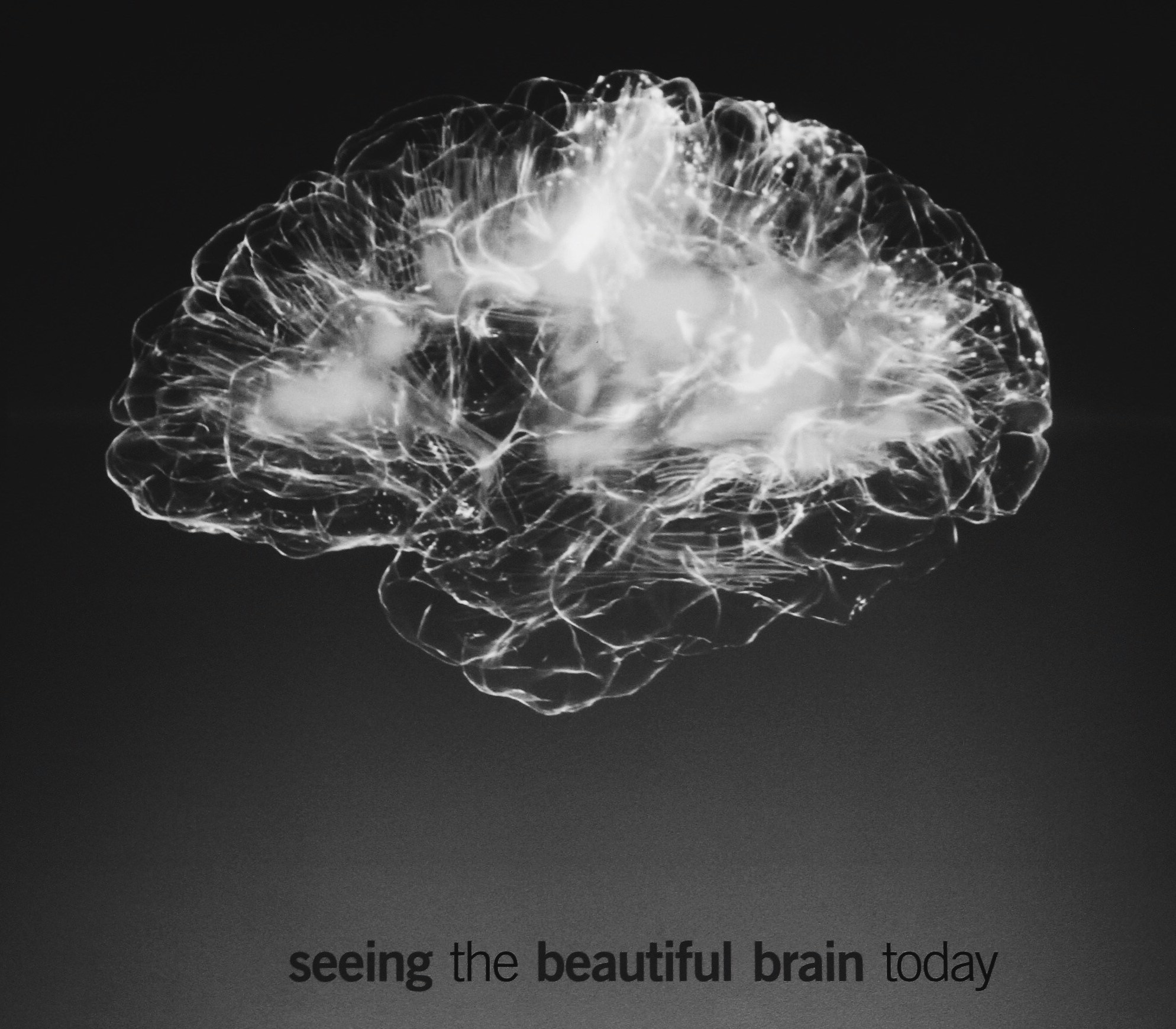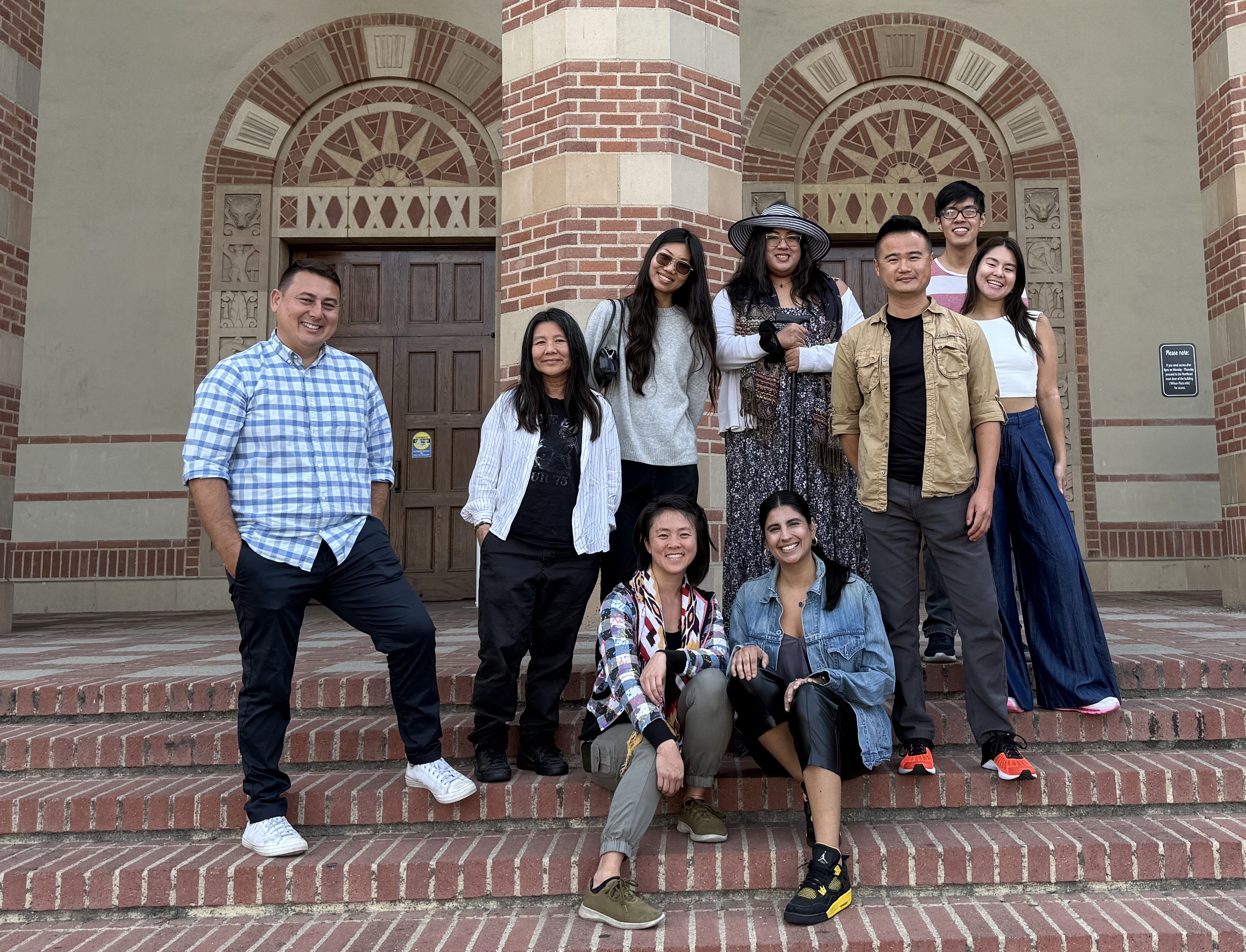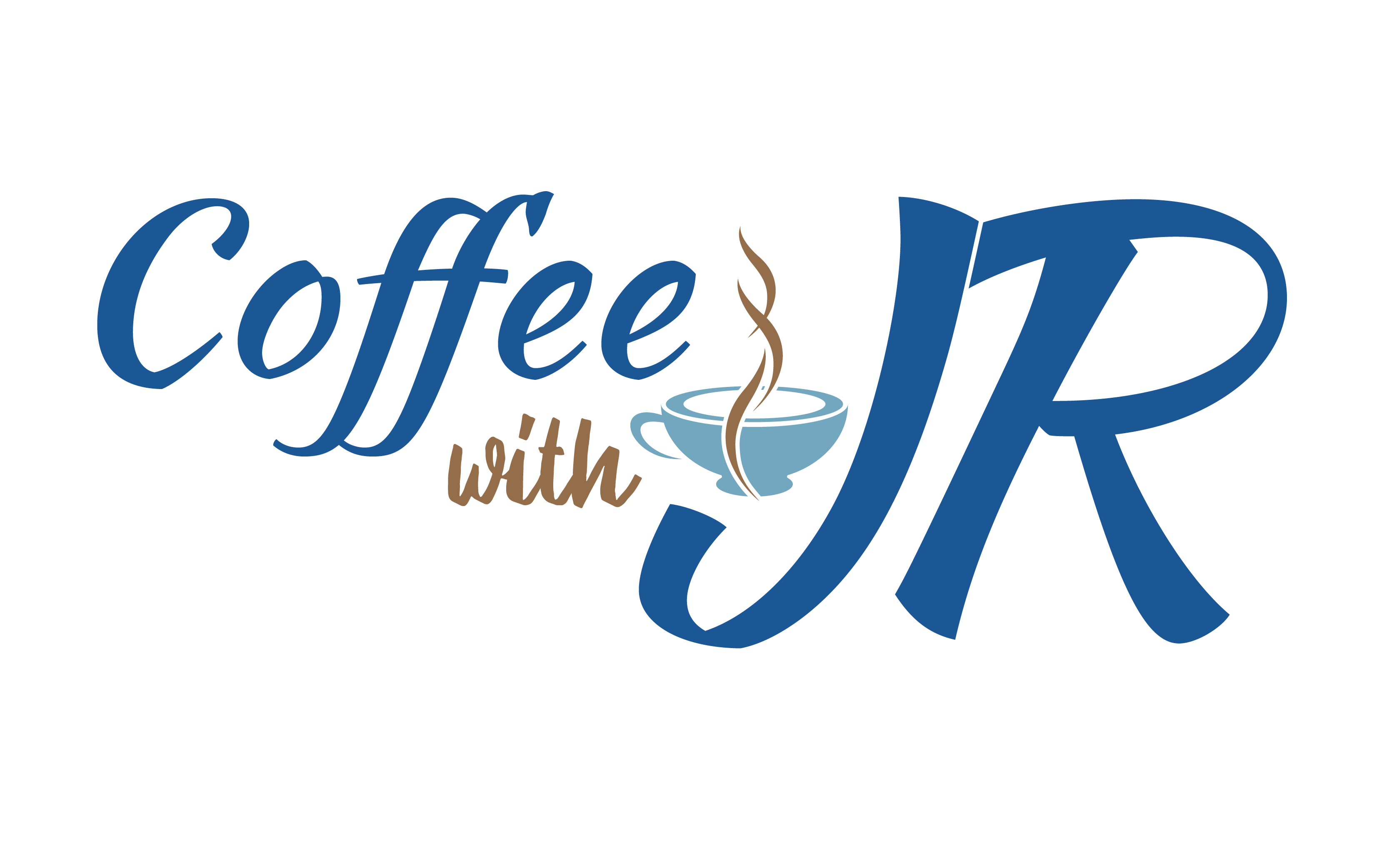
RANDOM THOUGHTS
My mind is struggling to form singular, cohesive thoughts right now, so this blog will be another collection of different half-baked ideas and questions I’ve been reflecting on and trying to sort out lately.
Storytelling Theater. We have officially wrapped up the performance and workshop phase of Storytelling Theater, and the experience has been surreal. Over the past year, we hired eight actors, wrote two scripts, held numerous rehearsals, and delivered 14 performances and workshops. The survey data we gathered shows overwhelmingly positive results, which is both a great relief and inspiring. I’m still in the process of digesting the entire experience. (Picture taken after the last performance at UCLA)

Thanksgiving Food. Thanksgiving is coming up soon, but turkey, cranberry sauce, and pumpkin pie are so overrated. I feel like I’m channeling Moo Deng the baby hippo – I woke up this morning and chose culinary violence! 😊

Fashion. I’ve noticed that the trend in fashion is leaning even more toward casual styles, which I’m really happy about.
Grief. Lately, I’ve been revisiting Elisabeth Kübler-Ross’s five stages of grief: denial, anger, bargaining, depression, and acceptance. With Lola’s health deteriorating, a deep sense of grief often dominates my days and thoughts.
Perspective. I was feeling a bit unnerved because I struggled to decide what to write for this month’s blog. With so much going on, it was hard to form a cohesive train of thought, and the stress only blocked my creativity further. But the moment I let go of the need to write a fully developed article, I felt a sense of relief, and ideas started popping up in my head
We have control over our destiny, do we? Many studies show that chemicals in highly processed foods can have a strong impact on our mood and emotions. When I eat my favorite Neapolitan pizza — whether just a slice or the whole pie — I know I’ll experience a food coma, feeling sluggish, indecisive, and tired for at least two hours afterward. Another example is alcohol, which can change a person’s behavior, feelings, and even thought processes. Some people can’t even function in the morning without coffee. So, do we really have control over our destiny and lives, or are we still heavily influenced by external factors just to stay functional?”
Free speech vs algorithm. Recently, I listened to an interview with Yuval Noah Harari, the author of Sapiens and Nexus. Harari is a strong advocate for free speech. He argues, “Only humans have free speech. Bots don’t have free speech. Tech companies are constantly confusing us on this issue because it’s not about humans, it’s about algorithms.” Harari supports the idea that people should be free to say whatever they want, especially in their personal and private lives. However, he emphasizes that algorithms need regulation. These algorithms and bots are not human; their sole purpose is to push information to maximize tech companies’ profits. To boost profit, they often exploit instinctual emotions like fear, greed, and hate, drawing people in. Unfortunately, algorithms often fail to check for accuracy and spread false information with no accountability. What are your thoughts about this? You can listen to the whole interview here.
Free thinking vs social influence. Harari’s analysis of free speech and algorithms got me reflecting on the long-held belief that humans are inherently rational beings. Since the Enlightenment (1685–1815), “free thinking” became popular, “encouraging individuals to rely on reason and critical analysis to question established authorities, particularly in religion and politics. The idea was to form opinions based on logic and evidence rather than simply accepting tradition, which fostered individual liberty and the pursuit of knowledge through rational inquiry.”
However, my beliefs, decisions, and actions are often influenced by external factors and people. If our thoughts, reactions, and emotions can be so easily swayed by a 30-second video, can we really call ourselves “free thinkers”? On the other hand, is it beneficial to cling rigidly to our beliefs and decisions, resisting growth and change?
Photo by Alina Grubnyak on Unsplash

Recent Comments